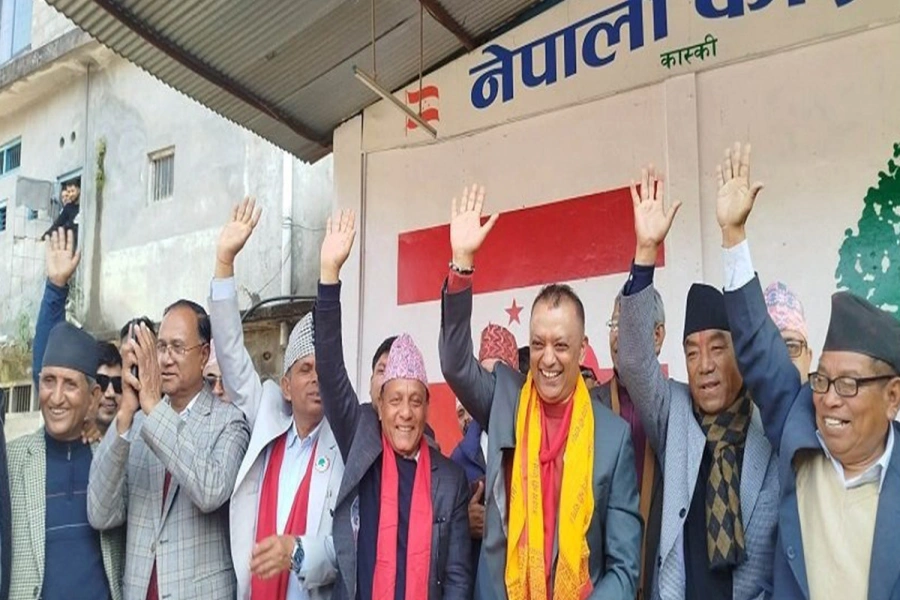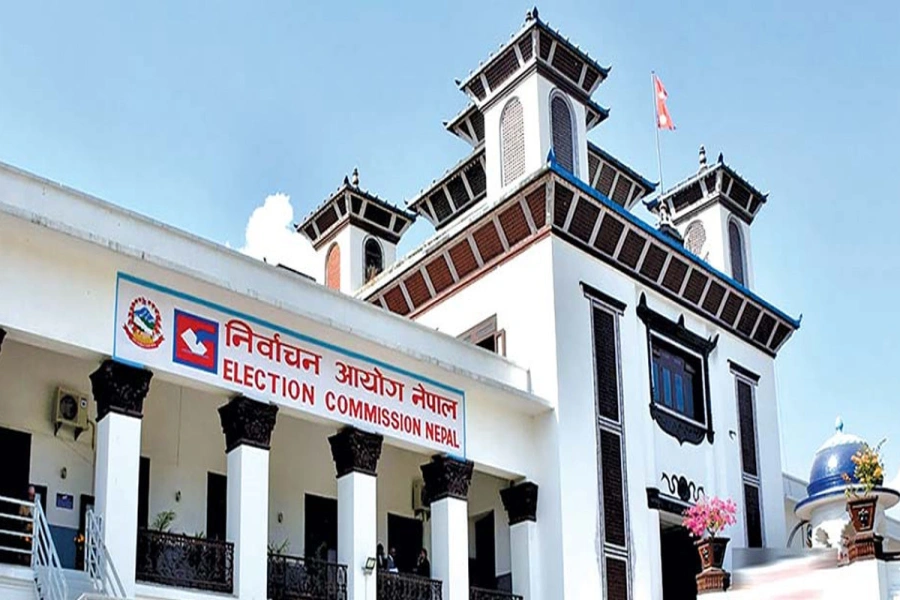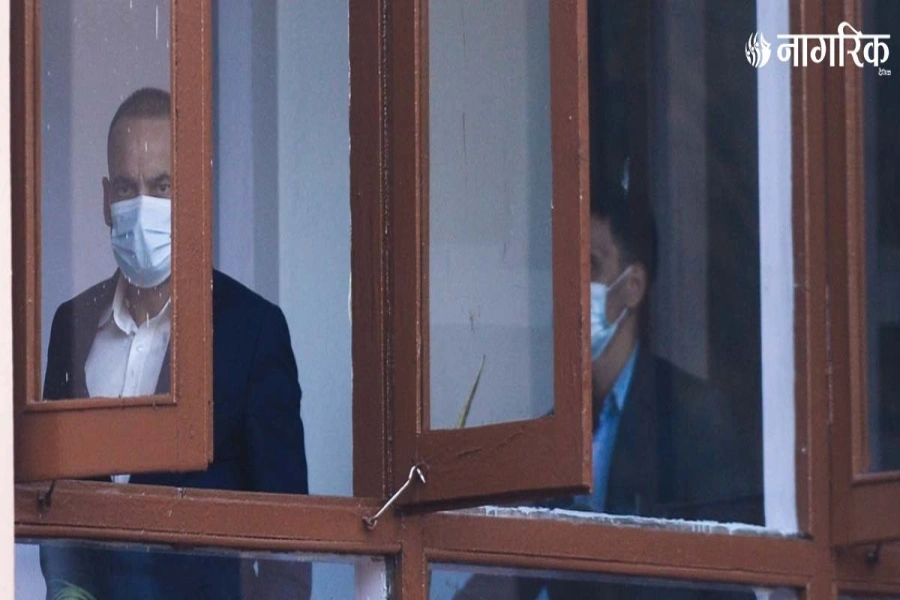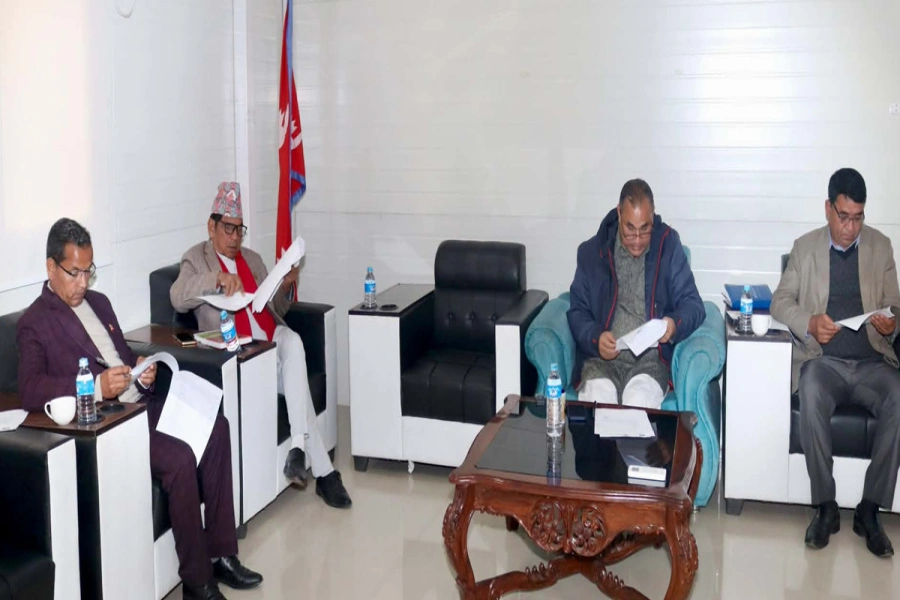There is the need to quickly establish a volunteering corps to help dealing with the pandemic.
The forecasts are gloomy and the worst might yet to come.With thousands of people entering the valley, with the government more preoccupied with its own survival than coming up with effective measures aimed at effectively curbing the infection rate through better surveillance, tracing, testing and isolation, the Kathmandu Valley could become the next epicenter of infections.
Dr. SherBahudur Pun, chief of clinical research unit at Sukraraj Tropical and Infectious Disease Hospital, has urged for the mobilization of teachers, students, members of local youth clubs to help in “contact tracing and managing quarantine centers”. His suggestion comes amid the government focusing its testing effort only on the returnees from overseas neglecting other segments of the populations who are showing symptoms of the virus even if they do not have any travel history.
It is almost undeniable that the contagion has already reached a community level and here is when things can really get ugly with widespread number of infected people who could soon overwhelm even private hospitals recently allowed to take Covid-19 patients as public hospitals are already overstretched.
There might be a massive need to mobilize volunteers to help with the looming crisis and we need to get this done quickly and in the right way, starting from ensuring their safety while carrying out their duties. Because volunteering, if we want it to be truly effective, requires preparation, planning and resources.
Dramatic rise in COVID-19 related deaths in Sudur Paschim; 23 d...

The National Planning Commission together with the Covid-19 Crisis Management Centre should partner with the National Youth Council and all major networks of youths led organizations to come up with a plan that is driven by the expertise of health experts like Dr. Pun and public health officials within the Ministry of Health and Population.
The United Nations Volunteers, UNV, could play a technical role offering expertise and know-how on volunteers’ selection, training and retention.
The pre-service training component is going to be fundamental because the tasks to be carried out—helping with tracing and testing—are highly technical and the involvement of students now enrolled in nursing studies together with those enrolled in health sciences and medicine should be ensured.
These students with technical background could be assigned to local teams of youths who lack specific competencies but who are indispensable on the ground.
There are experiences from other countries like the UK and Singapore where clear provisions on how to manage volunteers to help deal with the pandemic without putting their lives at risks.
Even in less technical tasks—such as helping managing the quarantine centers—it is going to be essential to have clear safety measures in place, re-assessing those already being in use in order to ensure that the smoothest and safest volunteering conditions are met.
Besides helping with tracing, testing and support the running of the quarantine centers, there is also an urgent need to provide the general public with awareness messages on the risk of the pandemic.
More and more people are letting their guard down and seem not concerned at all with the potential lethal consequences of massive community outbreaks in Kathmandu and elsewhere. This can engender more lives.
Local volunteers could act as awareness makers around the urban centers with teams moving around the neighborhoods or being stationed with a desk in all major community areas.The enforcement of the current rules like wearing a mask should be left to law enforcement agencies with the volunteers focused on reminding the citizens of their responsibilities of respecting social distance and using masks.
In order to avoid any confrontation with the general public unwilling to follow the rules, the volunteers should be trained in de-escalation techniques and their duties should include informing the concerned authorities about non-abiding citizens.
With the right planning, it won’t take so much to recruit volunteers for this unique challenge.Despite the urgency of the situation, the capacity building component of these volunteers is going to be essential. Volunteers need to be provided with all the tools they need to better serve in these critical times.
We could brand this effort as the National Covid Emergency Volunteers, CEV, and the government at central level should provide the biggest chunk of money to the provinces and local governments.
We need to act fast and this requires a centralized program where the National Planning Commission, the Covid-19 Crisis Management Centre and National Youth Council take the lead.Local network of youth organizations, youth clubs and other NGOs should be in charge of coordinating the local teams on the ground.
Ideally if resources were available, a small daily allowance could be provided just to cover some costs of the volunteers, without the need of granting additional resources to all the not for profit organizations involved.
Other forms of recognition, including special awards, can be sketched out once the emergency will be over. I hope this crisis will inspire the National Planning Commission to re-create a national volunteering program, a better version of the National Development Volunteering Service that ceased its operation almost two years ago.The National Youth Council could take the lead in rebuilding such program without forgetting that volunteering should be embraced by every citizen regardless of their age.
The author is the Co-Founder of ENGAGE, an NGO partnering with youths to promote social inclusion in Nepal.



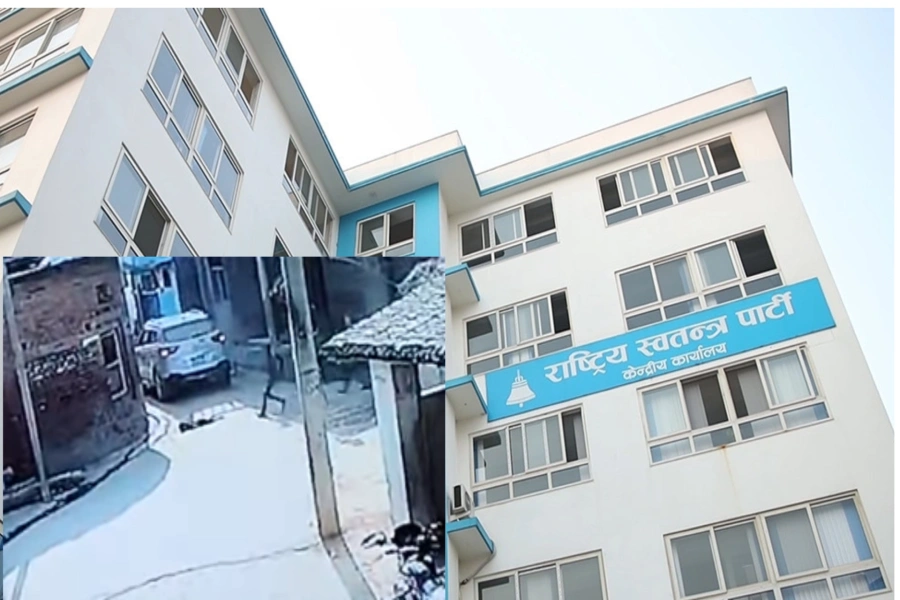
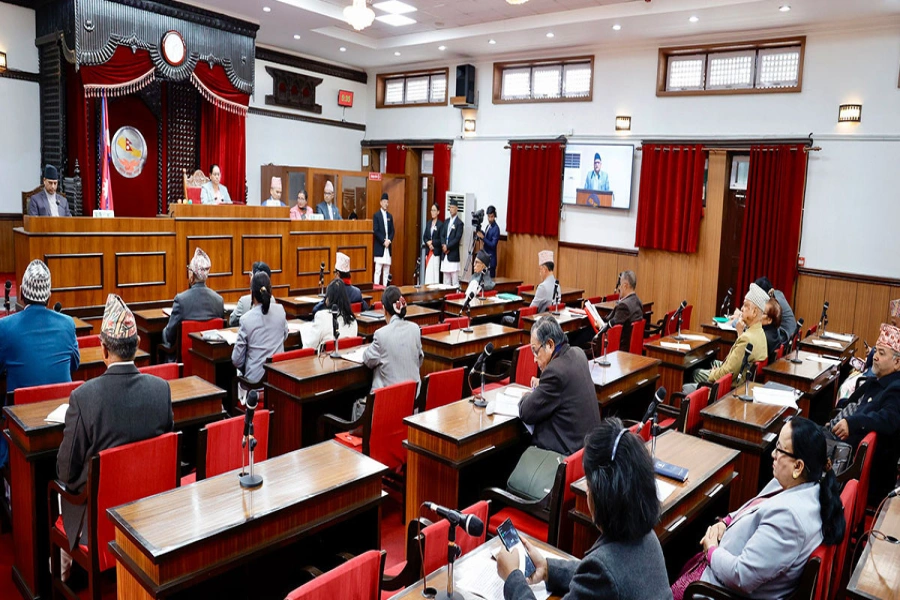

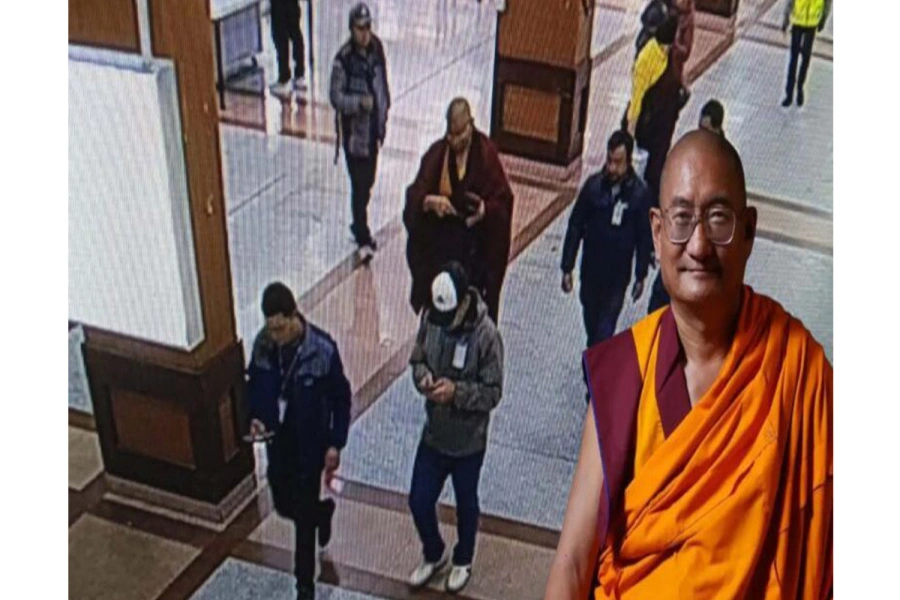

_20200814192758.jpg)


_20200917120058.jpg)




